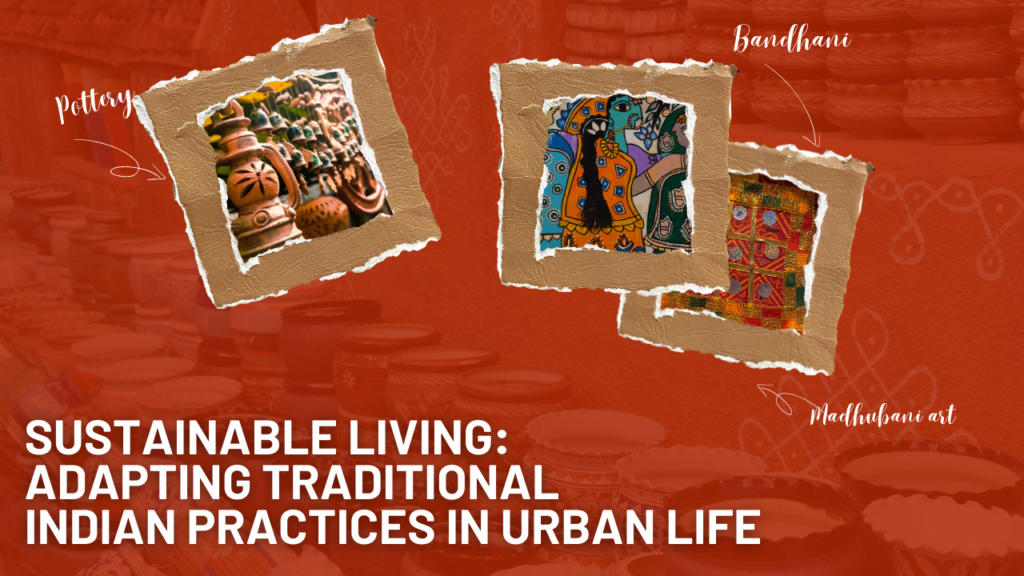Introduction
In the heart of India’s bustling cities, a movement towards sustainable living is taking root. Urban dwellers are increasingly looking to the country’s rich heritage, seeking ways to integrate traditional practices into the fabric of modern urban life. This shift not only promises a more sustainable future but also a reconnection with environmentally friendly practices that have stood the test of time.
Rediscovering Water Wisdom
Ancient Harvesting Techniques: Inspired by India’s historical expertise in water conservation, modern urbanites are now adopting ancient methods such as stepwells and rainwater harvesting in their homes and communities. This revival not only addresses water scarcity but also promotes a sustainable lifestyle.
Community-Driven Water Management: Drawing from the communal spirit of traditional water management, urban neighborhoods are coming together to implement shared rainwater harvesting systems, demonstrating the power of community in fostering sustainability.
Embracing Organic Living
Reviving Natural Farming: Urban residents are transforming their balconies and rooftops into green oases. Through organic terrace gardening, they’re revisiting the age-old practice of growing food sustainably, ensuring a healthier lifestyle amidst the urban sprawl.
Ayurvedic Nutrition: The principles of Ayurveda are guiding urban Indians back to a diet rooted in natural and local produce. This approach not only aligns with sustainable eating practices but also with a holistic view of health and wellness.
Sustainable Architecture and Living Spaces
Natural Building Materials: Urban architecture is seeing a return to traditional materials like mud, bamboo, and thatch. These eco-friendly resources are helping reduce the environmental impact of modern buildings, proving that sustainability can also come from the past.
Community Living and Shared Spaces: The concept of community living is being reimagined in urban areas. Co-living spaces and community gardens reflect the traditional Indian ethos of sharing and sustainability, enhancing urban life’s social and environmental aspects.
The Path to Sustainable Fashion
Handlooms and Crafts: Conscious of the environmental toll of fast fashion, many urban Indians are turning to sustainable fashion. Embracing handlooms and traditional crafts not only supports eco-friendly practices but also preserves India’s rich textile heritage.
Conclusion
Embracing traditional practices offers a pathway to sustainability in India’s urban centers. By integrating ancient wisdom with modern lifestyles, urban residents are crafting a future that values environmental stewardship, community, and well-being. This journey towards sustainability, rooted in tradition, highlights the enduring relevance of India’s cultural heritage in addressing contemporary challenges.



